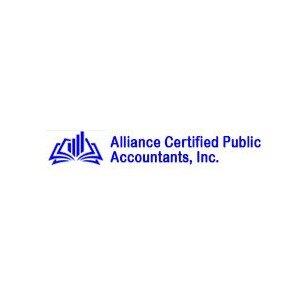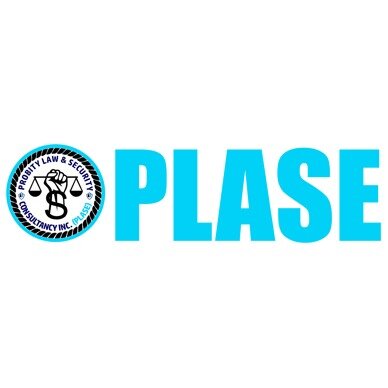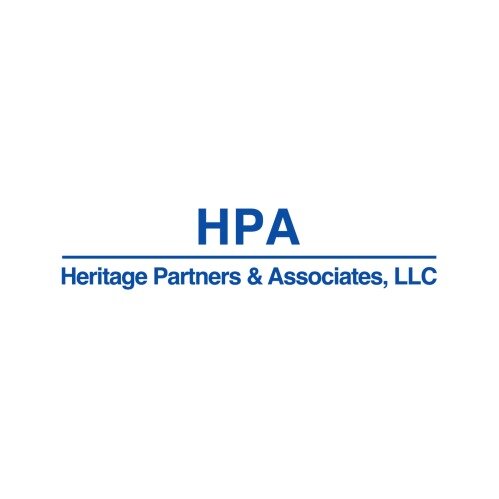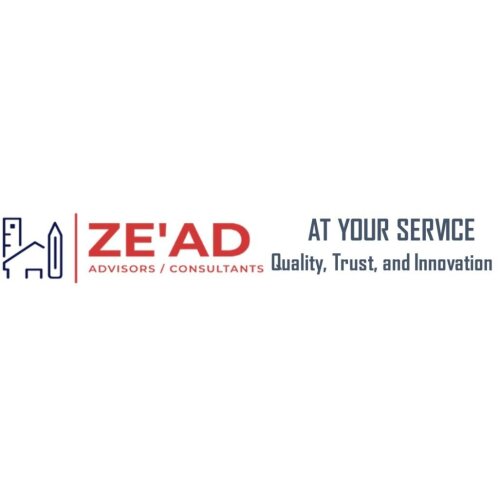Best Tax Increment Financing Lawyers in Liberia
Share your needs with us, get contacted by law firms.
Free. Takes 2 min.
Or refine your search by selecting a city:
List of the best lawyers in Liberia

Alliance Certified Public Accountants, Inc. (Alliance CPAs, Inc.)
15 minutes Free ConsultationAbout Tax Increment Financing Law in Liberia
Tax Increment Financing (TIF) is a public financing method used as a subsidy for redevelopment, infrastructure, and other community-improvement projects. In Liberia, TIF is employed to catalyze urban renewal and stimulate private sector investment in blighted areas by capturing the future tax benefits of the improvements made. This funding mechanism is structured to promote development in areas that may not attract development solely through private endeavors due to high costs or perceived risks.
Why You May Need a Lawyer
Engaging with Tax Increment Financing in Liberia can be complex, with its own set of legal intricacies. You may need a lawyer in various situations, such as:
- Understanding eligibility criteria and legal requirements for TIF projects.
- Drafting and reviewing agreements to ensure compliance with local laws.
- Negotiating terms and securing funding for proposed TIF projects.
- Addressing disputes or concerns over the use of TIF funds or project outcomes.
- Navigating any legal changes or updates to TIF-related policies.
A lawyer specializing in TIF can provide expert guidance through the process, ensuring that your interests are protected and that all legal requirements are met.
Local Laws Overview
In Liberia, the legal framework governing Tax Increment Financing comprises several key aspects:
- Eligibility and Approval: Not all areas qualify for TIF. Specific criteria must be met, including the existence of blight or economic stagnation.
- Increment Calculation: Taxes generated by the increase in property values post-improvement are earmarked for paying off TIF debts. Clarity in calculation methods is crucial.
- Term Limits: TIF agreements often have time frames within which the funds must be utilized or paid back.
- Public Participation: Community input and transparency in the TIF process are emphasized to ensure acceptance and support for the projects.
Understanding these aspects is vital for anyone considering TIF as a financing option in Liberia.
Frequently Asked Questions
1. What is the primary purpose of Tax Increment Financing?
The primary purpose of TIF is to encourage private investment in underdeveloped or blighted areas that otherwise would not attract development due to cost or risk factors.
2. Do all areas in Liberia qualify for Tax Increment Financing?
No, not all areas qualify. TIF is specifically meant for areas meeting certain criteria, such as economic stagnation or blighted conditions.
3. How is the increment calculated in TIF?
The increment is calculated based on the increase in property tax revenues resulting from the enhanced value of the property due to investment or redevelopment.
4. Can TIF be used for any type of project?
TIF is typically used for projects that will improve infrastructure, stimulate development, or enhance the community, but it is subject to specific legal provisions and requirements.
5. How long does a typical TIF agreement last?
TIF agreements have varying terms, generally ranging from 15 to 30 years, during which the increment is used to repay debts incurred for the project's development.
6. What role do local governments play in TIF?
Local governments are integral to the TIF process, as they approve projects, set terms, and oversee the allocation and use of TIF funds.
7. Is community involvement necessary in TIF projects?
Yes, transparency and community involvement are important to ensure that the projects meet public needs and garner support.
8. Can disputes arise in TIF projects?
Yes, disputes can arise over funds use, project delays, or unmet objectives, necessitating legal resolution or mediation.
9. What are the risks associated with TIF?
Risks include potential project failure, insufficient increment to cover debts, or economic downturns that affect property values.
10. How can I ensure compliance with TIF regulations?
Hiring a lawyer knowledgeable in TIF laws can help navigate regulatory requirements and ensure legal compliance throughout the project's lifecycle.
Additional Resources
For more information or assistance regarding Tax Increment Financing in Liberia, consider the following resources:
- The Ministry of Finance and Development Planning
- The National Investment Commission
- Local government offices responsible for urban planning and development
- Legal firms specializing in urban development or financing
- Educational workshops or seminars conducted by economic development organizations
Next Steps
If you require legal assistance with Tax Increment Financing in Liberia, consider the following steps:
- Identify specific objectives and requirements for your project.
- Research and reach out to legal professionals who specialize in TIF and urban development.
- Schedule consultations to discuss your needs and understand the legal framework.
- Gather necessary documentation and information for your lawyer to review.
- Follow your lawyer's advice to ensure compliance and address any legal concerns effectively.
With informed legal assistance, you can navigate the complexities of TIF and capitalize on its benefits for your development projects.
Lawzana helps you find the best lawyers and law firms in Liberia through a curated and pre-screened list of qualified legal professionals. Our platform offers rankings and detailed profiles of attorneys and law firms, allowing you to compare based on practice areas, including Tax Increment Financing, experience, and client feedback.
Each profile includes a description of the firm's areas of practice, client reviews, team members and partners, year of establishment, spoken languages, office locations, contact information, social media presence, and any published articles or resources. Most firms on our platform speak English and are experienced in both local and international legal matters.
Get a quote from top-rated law firms in Liberia — quickly, securely, and without unnecessary hassle.
Disclaimer:
The information provided on this page is for general informational purposes only and does not constitute legal advice. While we strive to ensure the accuracy and relevance of the content, legal information may change over time, and interpretations of the law can vary. You should always consult with a qualified legal professional for advice specific to your situation.
We disclaim all liability for actions taken or not taken based on the content of this page. If you believe any information is incorrect or outdated, please contact us, and we will review and update it where appropriate.
Browse tax increment financing law firms by city in Liberia
Refine your search by selecting a city.











